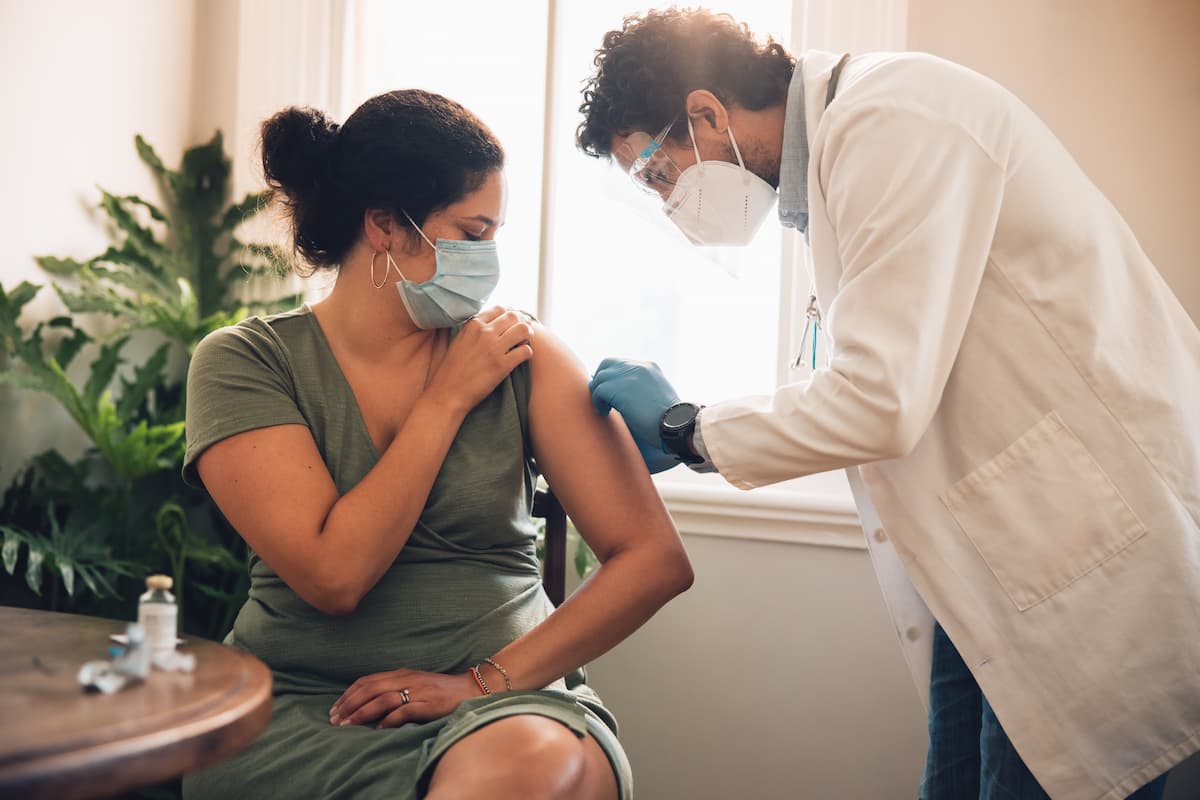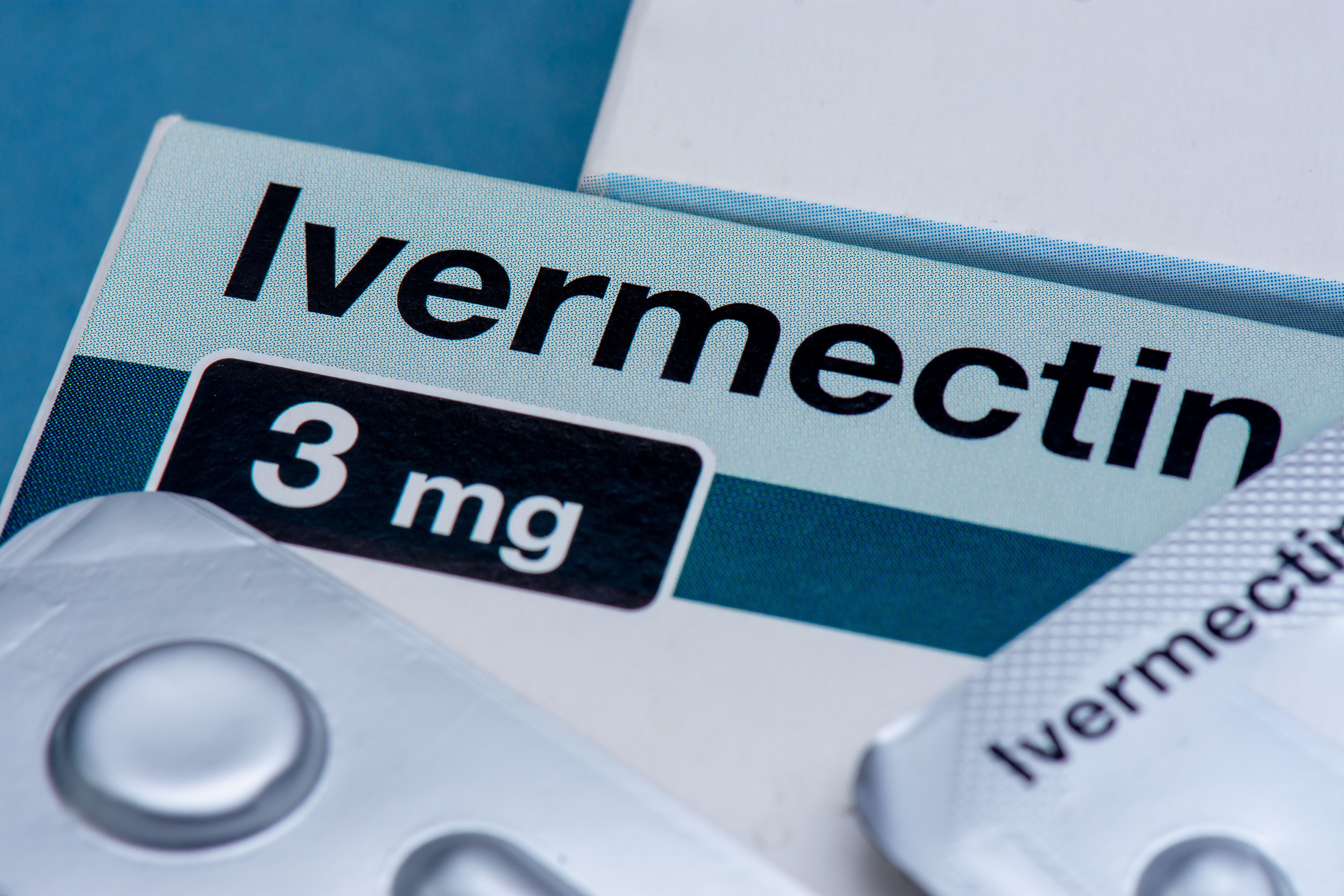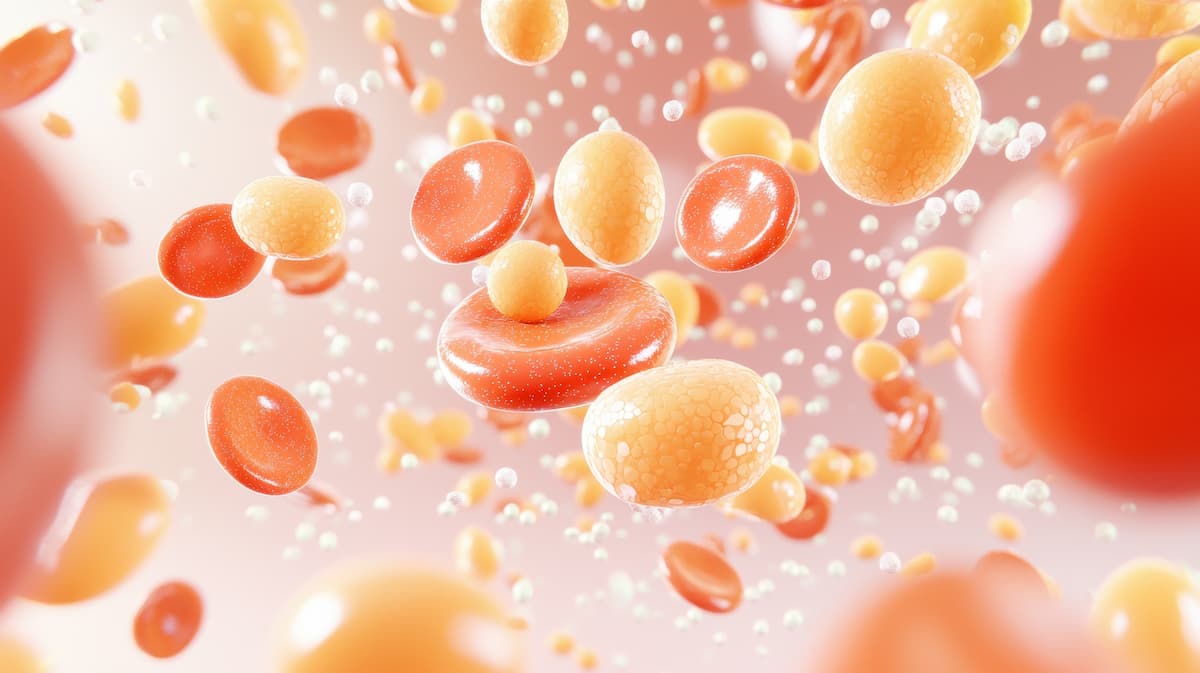Article
Pharmacists: Bill Would Cause Patient Suffering by Delaying Access to Essential Pain Relievers
PRESS RELEASE
Alexandria, Va. March 21, 2013 - In order to promote public health and preserve timely patient access to commonly used painkillers, lawmakers should support practical steps to deter prescription drug abuse and reject a proposal by U.S. Senators Joe Manchin (D-W. Va) and Mark Kirk (R-Ill.) to reschedule Vicodin® and other hydrocodone-containing products from Schedule III to Schedule II of the Controlled Substances Act.
"Community pharmacists share concerns regarding the abuse and diversion of prescription drugs. Abuse of these drugs can ruin lives, devastate families and has contributed to dangerous crimes against pharmacies," said NCPA CEO B. Douglas Hoey, RPh, MBA. "Aggressive anti-drug abuse efforts must be balanced with preserving legitimate patient access to necessary prescription drugs. This legislation, while well-intentioned, fails that test. It would create significant hardships for many and delay relief for vulnerable patients with legitimate chronic pain, especially those in nursing home and long-term care settings. Moreover, there are far more practical means available by which Congress and law enforcement can reduce prescription drug abuse without inflicting collateral damage on many innocent patients and the pharmacists caring for them."
Nearly 3,000 different combinations of strength, formulation and manufacturer of hydrocodone-containing products exist. Moving them to the more restrictive Schedule II could significantly delay patient access by eliminating phoned-in prescriptions, stopping prescription refills and, in some cases, prohibiting electronic prescribing. Higher health care costs would almost certainly result in order to account for increased physician interactions and other administrative burdens associated with Schedule II medications.
A group of patient and pharmacy groups including NCPA recently sent a letter to the Food and Drug Administration (FDA) raising many of the same points. The letter was signed by American Academy of Pain Management (AAPM), American Association of Nurse Assessment Coordination (AANAC), American Cancer Society Cancer Action Network (ACS CAN), American Society of Consultant Pharmacists (ASCP), Amputee Coalition, CarsonCompany, LLC, Citizen Advocacy Center (CAC), Interstitial Cystitis Association, Long Term Care Pharmacy Alliance (LTCPA), Massachusetts Pain Initiative, NADONA, National Association of Chain Drug Stores (NACDS), NCPA, National Fibromyalgia & Chronic Pain Association, National Hospice and Palliative Care Organization, Pain Treatment Topics, US Pain Foundation and the Wisconsin Pain Initiative.
In presentations to Congress and to the FDA, NCPA has outlined several proposals to both achieve meaningful success in the war on drug abuse and protect patient access. They include electronic prescription drug monitoring programs and tracking systems, more effective education of prescribers, shutting down rogue pain clinics, offering more disposal options for excess medications and more scrutiny of controlled substances delivered by mail order pharmacies.
In addition, Congress ought to look at quantity and refill limitations on hydrocodone-containing substances as a more practical alternative to reclassifying the drug as a Schedule II product.
"NCPA member pharmacists and NCPA staff look forward to continuing to work constructively with policymakers to stamp out prescription drug abuse," added Hoey.
Newsletter
Stay informed on drug updates, treatment guidelines, and pharmacy practice trends—subscribe to Pharmacy Times for weekly clinical insights.

FDA Grants Full Approval to mRNA-1273 COVID-19 Vaccine in Children At Increased Risk




